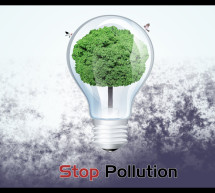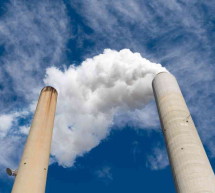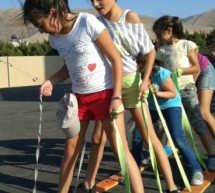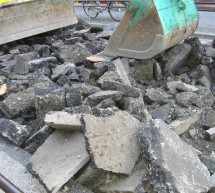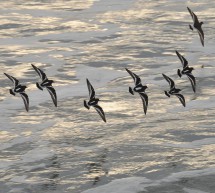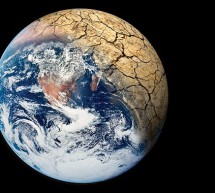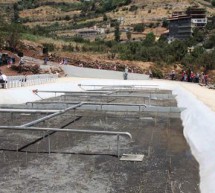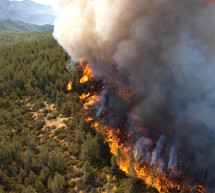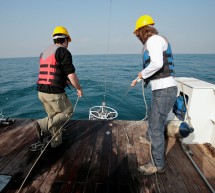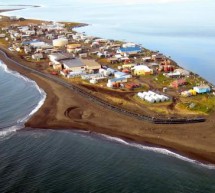Happy Pollution Prevention Week
It's Pollution Prevention Week! Launched by the US Environmental Protection Agency (EPA), this week September 15-21, is dedicated to preventing and reducing pollution. According to the EPA, the US annually produces millions of tons of pollution and spends tens of billions of dollars per year controlling it in the form of clean ups, stormwater management, and education to name a few. ...
Read more ›
